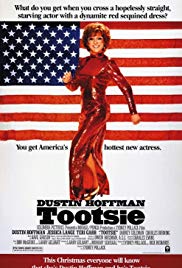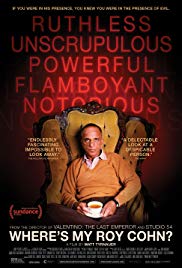I just listened to a Great Courses lecture on the Susan B Anthony trial. She was arrested and convicted in 1872 for casting a presidential vote for Ulysses Grant.
While listening, I was entertained by an interesting fact regarding the ratification of the 19th Amendment. That was the amendment, passed in 1920, that prohibited states or the federal government from denying the right to vote based upon sex.
This amendment was a long time coming. Weirdly enough, the founding of the United States actually took some rights away from women. Some colonies granted women the franchise before 1776. With the founding of the United States, those limited states rights vanished. By 1807, all states explicitly forbade women from voting.
An argument can be made that the 14th Amendment, which forbids the abridgment of the privileges or immunities of any citizen, granted women the right to vote because, after all, sex is not mentioned in its text and there’s no question that women are citizens. That’s one of the arguments that Anthony unsuccessfully used during her trial.
So, the struggle for women’s rights continued even after the end of slavery. Some states, mostly in the West, did grant women the right to vote in state elections, but it was very slow going at the federal level. Starting in 1878, various proposals were made to Congress for an amendment granting women’s suffrage. They went absolutely nowhere.
World War I than happened. The US was sending soldiers overseas to allegedly fight for democracy. Isn’t a bit hypocritical to be willing to die for democracy overseas but then disenfranchise half of your population back at home? This argument did carry a lot of weight. Woodrow Wilson came out in favor of women’s suffrage. A suffrage amendment was proposed and passed by the national congress.
That’s the first step. 36 of the 48 state legislatures now needed to ratify it. Nearly immediately, 22 state legislatures did. Can anyone guess which part of the country was the most reluctant? It’s not a hard question. Alabama and Georgia were the first states to decisively defeat the amendment. The Governor of Louisiana worked to build a coalition of 13 other states to make sure that it could not pass. Of the Southern states, Texas was the only one that ratified it.
By June of 1920, 35 state legislatures had ratified it. The backers of the amendment worked with four states to bring it to a vote in their respective legislatures. Three of the states refused to take action.
That left Tennessee.
This brings us to Harry Burn. He was a Tennessee state legislator. He was, in 1920, 24 years old.
In the legislature, supporters of the amendment wore yellow roses while opponents wore red roses. Burn wore a red rose.
There was twice a vote to table the amendment (effectively killing it). Each time the tabling motion was voted down with a vote of 48-48, so there was going to be a vote.
The vote for the amendment was 49-47 in favor. There was some additional chicanery to try to change the outcome, but the Tennessee legislature passed it, ratified it, and with it the women had the right to vote in all elections.
Harry Burn was the person that changed his vote to get to 49. Why did he change it? He was once in favor of the amendment and then was convinced that his constituents were opposed. He seemed at least open to the idea of women’s suffrage.
What tipped him over to vote in favor of the amendment was…a note from his mother. In it, she said, “Don’t forget to be a good boy” and to vote in favor.
In case there was doubt, Burn entered the following statement into the legislative record: “I knew that a mother’s advice is always safest for a boy to follow and my mother wanted me to vote for ratification.”
Yes, tens of millions of women across the nation got to vote because one man decided to listen to his mother.
Think about that when historians talk about the inevitable tides of history and some such nonsense.
The actions of one person matters.
Oh yeah, one more thing. I’ve previously mentioned a couple of times that Mississippi only ratified the 13th Amendment banning slavery in 2013. Yes, seriously, that’s a fact. Well, don’t worry, Mississippi did much better on the subject of women’s suffrage.
Mississippi ratified the 19th Amendment in 1984. Well done!







